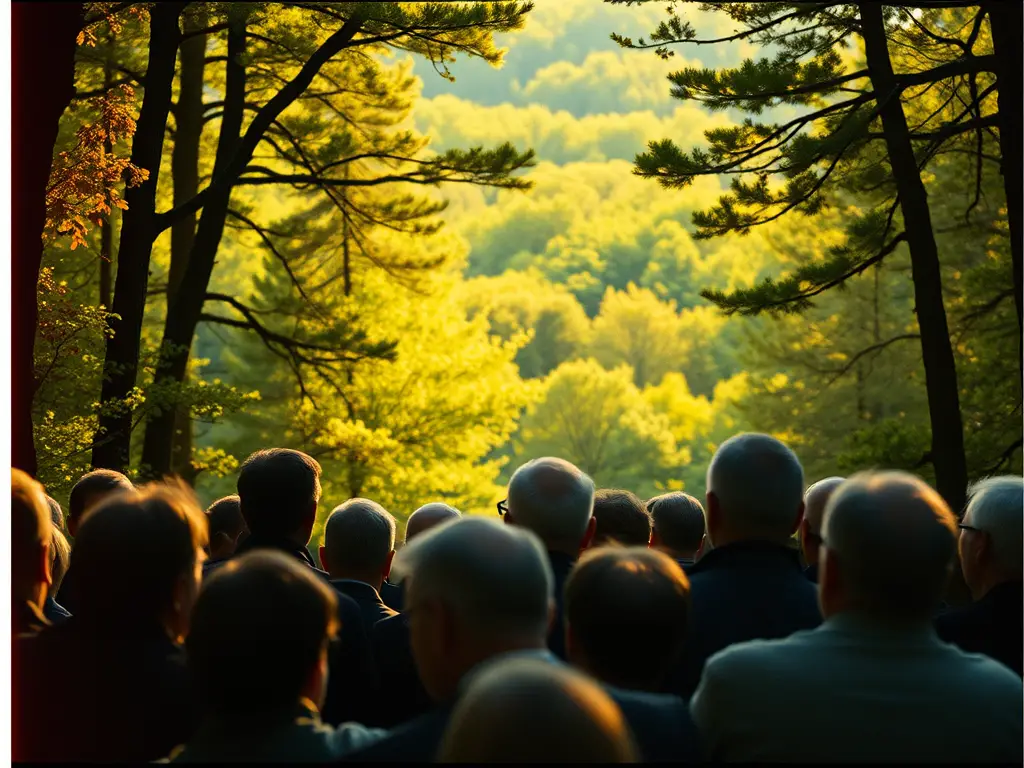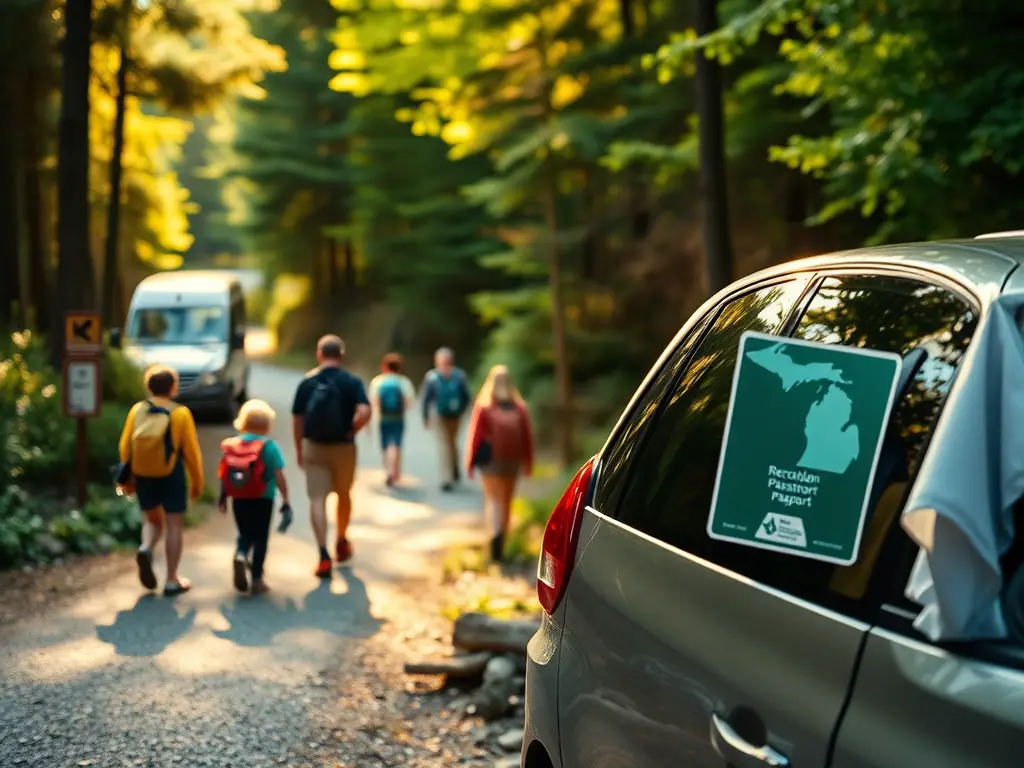Proposed legislation could alter funding for Michigan parks while facing backlash from Northern Michigan representatives and outdoor enthusiasts about higher Michigan State park fees.
State Park Passport Fees Set for Overhaul Under New Bill
LANSING, Mich. — Proposed legislation in the Michigan House aims to significantly change the way recreation passport fees are applied to vehicle registrations, sparking a heated debate among lawmakers, conservationists, and outdoor enthusiasts. House Bill 5428, introduced by Rep. Julie Brixie, seeks to make the annual recreation passport fee for access to state parks, boat launches, and other Department of Natural Resources (DNR)-operated sites automatically included in vehicle registration fees unless residents actively opt-out.
Currently, the fee is $14 for cars and $7 for motorcycles, with adjustments tied to inflation. These fees fund state park improvements, maintenance, and local public recreation facilities. Under the new bill, the opt-out structure is expected to increase participation, boosting revenues for Michigan’s 100+ state parks and recreation areas.
“Michigan has been blessed with vast natural resources and beautiful state parks that provide physical, mental, economic and environmental benefits to us all.” said Rep. Brixie who sponsored HB 5428. “Ever since the pandemic, park usage has skyrocketed, and DNR has not been able to provide the necessary staffing and maintenance to meet demand. I am thrilled that more Michiganders are taking advantage of our parks, but this legislation is needed to ensure they are sustainable for generations to come.”
Northern Michigan Legislators Oppose Changes

Not all lawmakers agree. Representatives from Northern Michigan and the Upper Peninsula have voiced strong opposition to the measure, particularly its shift to an opt-out model. In a letter to DNR Director Scott Bowen, State Rep. Dave Prestin and others argued that the changes amount to deceptive practices designed to increase revenue without adequately addressing conservation priorities.
“Higher fees will discourage people from purchasing licenses and participating in these outdoor activities, which will lead to lower revenues for the DNR and worse conservation outcomes.” the letter states. “Now more than ever, affordable access to natural spaces is essential for well-being and mental health.
Changes to Revenue Distribution Could Impact Conservation
The companion bill, House Bill 5873, introduced by Rep. Denise Mentzer, proposes shifting how recreation passport revenue is distributed. Currently, funds are allocated primarily to state park improvements and maintenance. The bill suggests a new formula that ties distributions to participation rates: if participation exceeds 55%, more funds will flow to local public recreation facilities, reducing the allocation for state parks from 80% to 70%.
Supporters say the changes would benefit communities with local parks, while critics warn it could deprive state parks of much-needed funds. Participation in the recreation passport program has hovered around 40% in recent years, leaving its impact under the proposed structure uncertain.
Critics Call for Transparency and Public Input
Critics argue that implementing these changes during a lame-duck session is rushed and lacks sufficient public engagement. “This is not the time for rushed decisions that affect thousands of outdoor enthusiasts and critical conservation work,” said Rep. John Roth of the 104th District. “We need detailed explanations and clear evidence of how these changes will benefit residents and conservation.”
The bill also introduces an optional $15 donation on registration forms to further support state parks. While this measure could provide additional funding, opponents see it as another financial burden on residents already wary of increasing costs.
What’s Next for Michigan State Park Fees?
The debate over House Bills 5428 and 5873 reflects broader tensions between boosting funding for natural resources and maintaining affordable, equitable access to outdoor spaces. The bills now head to the committee for further discussion, with supporters and opponents gearing up for what promises to be a contentious fight over Michigan’s outdoor legacy.
Find More Interesting Feature Stories From ThumbWind
- Michigan Features: Unveiling the people, places, and events that make the Great Lake State unique, we’ll explore hidden gems and must-do activities.
- Weird Political News: A sarcastic and insightful take on official news released by government sources, Political Action Committees, and Public Officials from all over the US. All stories are true and sourced.
- Michigan News: News and events of Michigan’s Upper Thumb that are worth knowing in the region.
Your Turn – Like This, or Hate it – We Want To Hear From You
Please offer an insightful and thoughtful comment. Idiotic, profane, or threatening comments are removed. Consider sharing this story. Follow us to have other feature stories fill up your Newsbreak feed from ThumbWind Publications.



